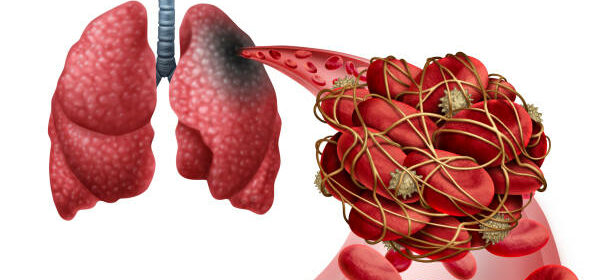TBL Mini: Rib Fixation

Operative vs Nonoperative Treatment of Acute Unstable Chest Wall Injuries: A Randomised Clinical Trial Dehghan et al. JAMA Surg 2022 doi:10.1001/jamasurg.2022.4299 Background Blunt chest wall trauma has high associated rates of morbidity and mortality RCTs have shown a reduced ICU length of stay in those requiring mechanical ventilation, however this has not been replicated in non-ventilated patients What did they […]
Continue reading »








